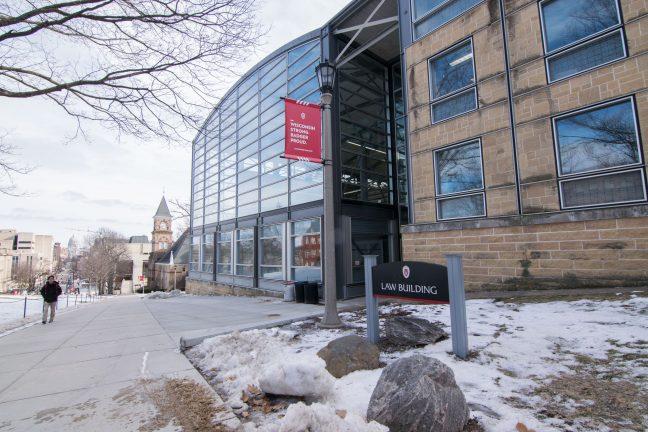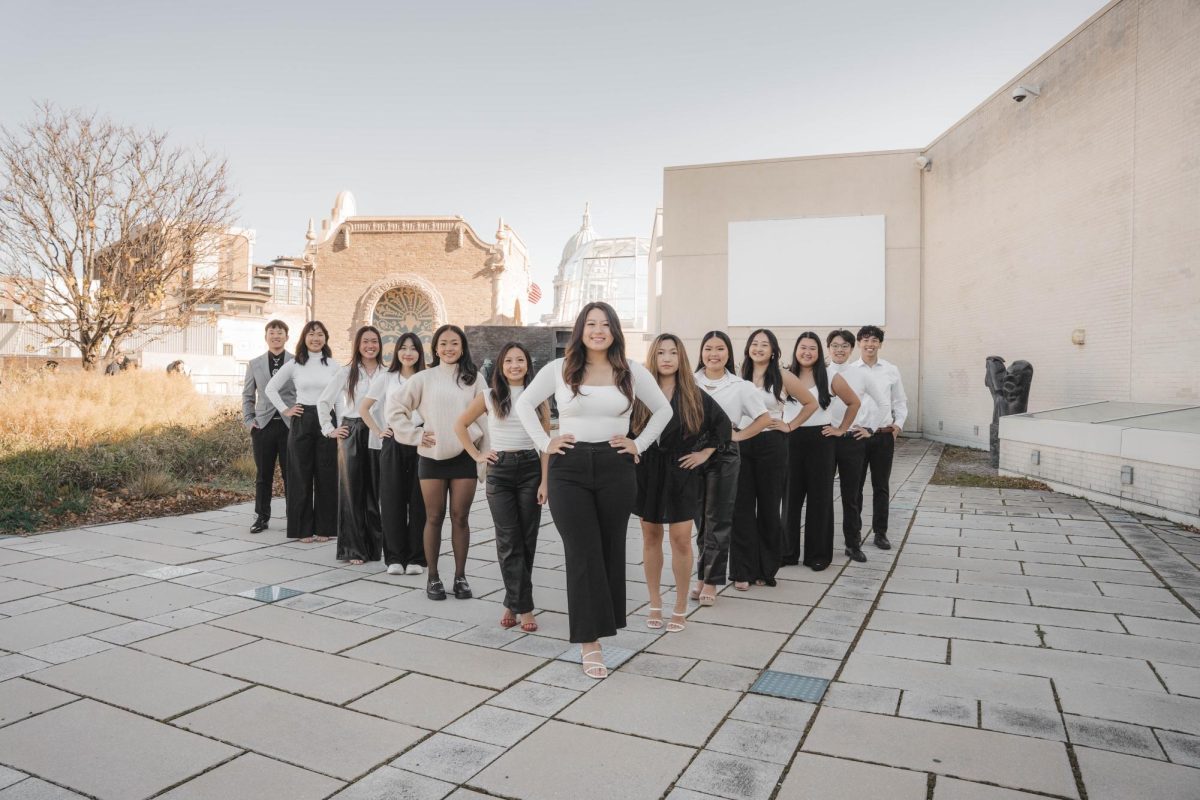The University of Wisconsin Center for Law, Society and Justice and the UW-Platteville Department of Criminal Justice and Social Sciences announced a partnership with the Wisconsin Department of Justice to create the “UW Women in Criminal Justice” program. The program mentors women at both universities who are interested in pursuing criminal justice.
Staff within the UW system have seen an increase in women interested in pursuing careers in the field, who need more confidence in their abilities as they face a male-dominated field, program founder and academic advisor in the Department of Criminal Justice and Social Sciences at UW-Platteville, Beth Tremelling, said in an email statement to the Badger Herald.
When researching methods to improve the recruitment and retention of women in the criminal justice field, Tremelling found mentoring to be the most effective, as evidenced by a program run by the National Association of Women Law Enforcement Executives.
The program inspired her to start mentoring while women began to pursue their fields in college. Tremelling said her hope for the program is to empower women interested in the field by exposing them to successful women in typically male-dominated positions.
Candidates, policies up for election in Dane County, across Wisconsin
Wisconsin attorney general Josh Kaul verbalized similar sentiments.
“There is under-representation of women in the criminal justice field,” Kaul said. “It’s my view that it is vital that we have people of diverse backgrounds and experiences represented in criminal justice.”
Most criminal justice careers are traditionally male dominated. A study done by the U.S. Department of Justice Office of the Inspector General found that women in the department were most likely to be human resource specialists, financial specialists or management and program analysts. The same study found that in the Federal Bureau of Investigation 43.3% of employees are women, and women make up 13% of special agents at the Department of Homeland Security.
Other fields in criminal justice careers face similar trends. According to the 2021 labor force statistics from the U.S. Bureau of Labor Statistics, women make up 53.5% of legal occupations and about 38% of lawyers are women.
Similarly, about 30% of correctional officers and jailers, 27.3% of detectives and criminal investigators and 15.3% of police officers are women, according to the same report.
Special agent in-charge of the Wisconsin DOJ, Jesse Crowe said in an email statement he hopes for more women to pursue careers in criminal justice because of the numerous benefits of having a diverse staff.
“Having people with diverse backgrounds and perspectives helps bring greater perspective to cases as they’re pursued,” Kaul said. “It’s a way to improve what we are doing in the justice system as a whole. We get better outcomes when the folks who are serving criminal justice professions represent the population as a whole.”
More women in criminal justice further benefit everyone on a personal level. Statistically, women in law enforcement use less force and make fewer discretionary arrests. Thus, fewer lawsuits and complaints are filed, ultimately saving taxpayers money.
The benefits of a more representative criminal justice system positively contribute to the people the system is supposed to aid. Ninety percent of victims of sexual violence are women, but only 31% of sexual assaults are reported. Having more women in criminal justice leads to a more effective response to crime within a community.
“What I think is really important is that when there are people who are victims of crime or people who interact with the justice system, making sure that they’re able to interact with a diverse set of people who broadly affect the community,” Kaul continues. “I think that builds public trust also.”
There are over 20 careers in the U.S where women make up less than 10% of that workforce. The smallest percentage was 1.4% which corresponded to plumbing while mechanical engineers rounded out the list at 8.1% of women in the workforce.
Madison Common Council proposes changes to Mayor’s 2023 budget
At UW, the engineering school has the lowest percentage of women enrolled at 26% in comparison to all the other schools and colleges within UW. According to the American Association of University Women, women make up only 28% of the workforce in science, technology, engineering and math.
UW freshman studying biology and statistics, Meghan Brahnbhatt elaborated on how being in a male-dominated classroom environment impacts her learning experience.
“In math, I’m in calc two and it’s definitely a male-dominated math course,” Brahnbhatt said. “I’m always sitting around men, and I would say it can be intimidating to share my thoughts or participate.”
Programs such as the partnership between the DOJ, UW-Madison and UW-Platteville will provide women the opportunity to gain confidence in their careers.
“It definitely motivates me to study harder,” Brahnbhatt said about seeing women in her field. “It also inspires me to work just as hard seeing other women in my field.”


















